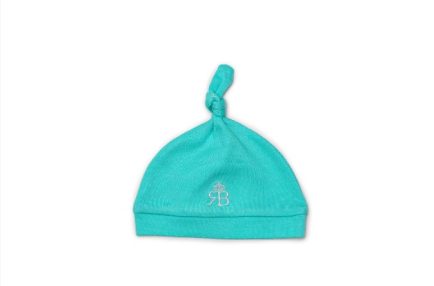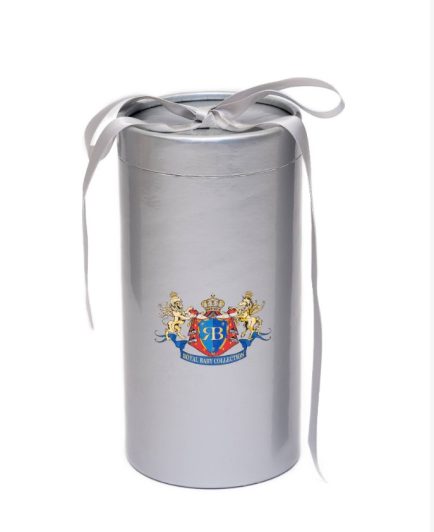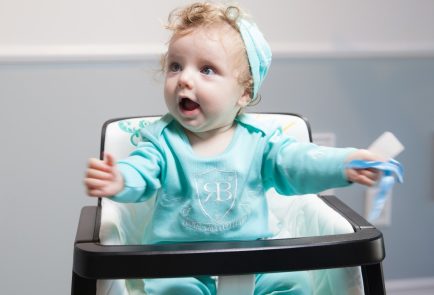It depends on your baby’s age. If your baby is over six months and has a mild temperature, it’s fine to let the fever run its course. A fever is more of a worry if your baby is less than six months old. It’s fairly unusual for young babies to develop a high temperature, so this can be a warning sign that something is wrong. See your doctor straight away if your baby is:
- under three months and has a temperature of 38 degrees C or more
- three to six months and has a temperature of 39 degrees C or more
It’s sensible to take your baby’s temperature with a thermometer. But if your baby is older than six months, her temperature doesn’t always give the whole picture of how poorly she is. Your instinct that your baby is unwell is just as important.
Your baby has a fever because she’s fighting an infection or illness. Having a raised body temperature helps her immune system to fight the infection. Sometimes, it may not be obvious why your baby has a fever, but common causes include:
- Respiratory tract infections (RTIs). RTIs are any infection of the nose, throat, airways or lungs. RTIs include bronchiolitis, croup and whooping cough. In croup and whooping cough, the fever usually develops before the cough.
- Flu.
- Ear infection.
- A virus that causes a rash, such as roseola and chickenpox.
- Tonsillitis, which is an inflammation of the tonsils. It’s usually caused by a viral infection, but sometimes a bacterial infection can cause it.
- Kidney or urinary tract infections (UTIs).
Babies often get fevers after receiving immunisations. Your doctor or practice nurse will give you advice on what to look out for after your baby has had an immunisation. You may have heard that teething can cause a fever. However, although teething may make your baby miserable, it doesn’t cause a fever, or a bad tummy.
References:
Evans SS, Repasky EA, Fisher DT. 2015. Fever and the thermal regulation of immunity: the immune system feels the heat. Nat Rev Immunol 15(6):335-349
Lourido-Cebreiro T, Salgado FJ, Valdes L, et al. 2017.The association between paracetamol and asthma is still under debate. J Asthma 54(1):32-8
MHRA. 2011. Liquid paracetamol for children: revised UK dosing instructions have been introduced.Medicines and Healthcare products Regulatory Agency UK, Public assessment report. www.mhra.gov.uk [Accessed March 2018]
MHRA. 2016. Ibuprofen 100mg/5 ml oral suspension. Medicines and Healthcare products Regulatory Agency UK, Public assessment report. www.mhra.gov.uk [Accessed March 2018]
NHS. 2015a. Fever in children. NHS Choices, Health A-Z. www.nhs.uk [Accessed March 2018]
NHS. 2015b. Looking after a sick child. NHS Choices, Health A-Z. www.nhs.uk [Accessed March 2018]
NHS. 2016a. What is a fever (high temperature) in children? NHS Choices, Common health questions. www.nhs.uk [Accessed March 2018]
NHS. 2016b. Baby teething symptoms. NHS Choices, Health A-Z. www.nhs.uk [Accessed March 2018]
NHS. 2016c. Treating a fever (high temperature) in children. NHS Choices, Health A-Z. www.nhs.uk [Accessed March 2018]
NHS. 2016d. Can I give my child painkillers? NHS Choices, common health questions. www.nhs.uk [Accessed March 2018]
NHS 2016e. Febrile seizures. NHS Choices, Health A-Z. www.nhs.uk [Accessed March 2018]
NHS. 2017a. How to take your baby’s temperature. NHS Choices, Health A-Z. www.nhs.uk [Accessed March 2018]
NHS. 2017b. Does your child have a serious illness NHS Choices, Health A-Z. www.nhs.uk [Accessed March 2018]
NICE. 2013a. Fever in under 5s: assessment and initial management. Updated 2017. National Institute for Health and Clinical Excellence. NICE Clinical Guideline, 160. www.nice.org.uk [Accessed March 2018]
NICE. 2013b. Febrile seizure. National Institute for Health and Clinical Excellence. Clinical Knowledge Summary. www.nice.org.uk [Accessed March 2018]
RCN. 2013. Caring for children with fever. Royal College of Nursing, Good practice guidance. www.rcn.org.uk [Accessed March 2018]
Sakulchit T, Goldman RD. 2017. Acetaminophen use and asthma in children. Can Fam Physician 63(3): 211–213. www.ncbi.nlm.nih.gov [Accessed March 2018]
Original article: https://www.babycentre.co.uk/a84/fever































Comments